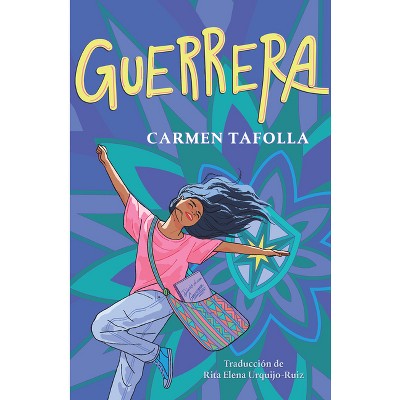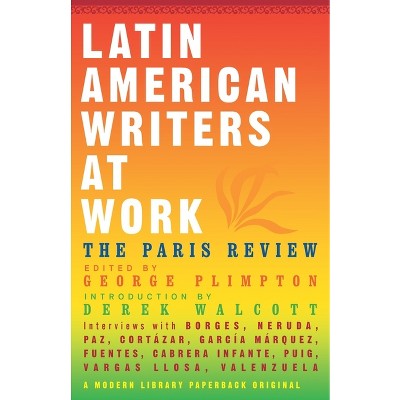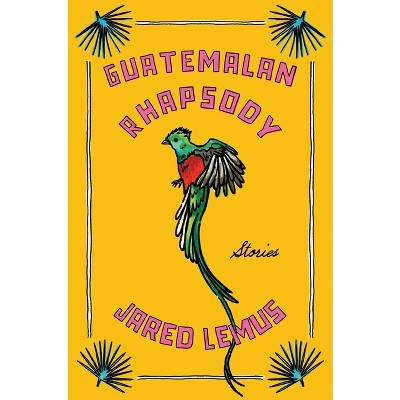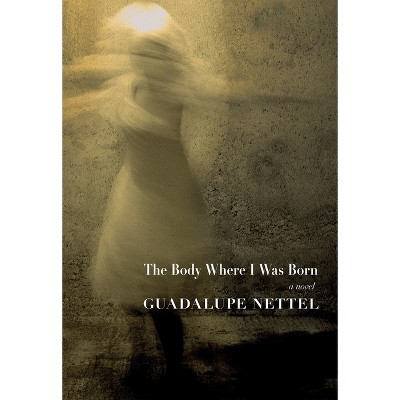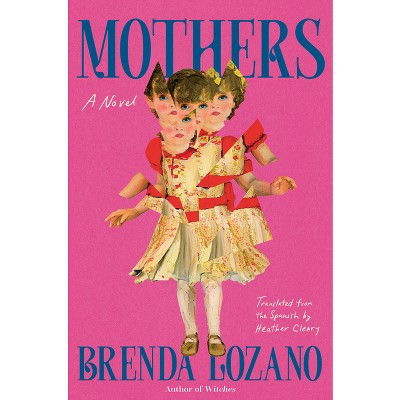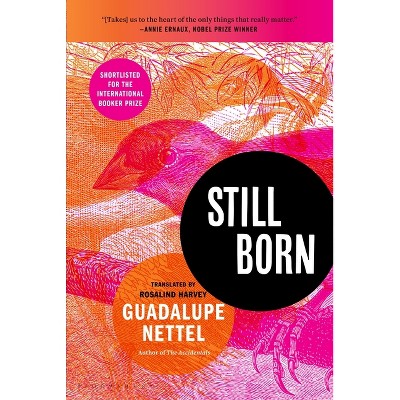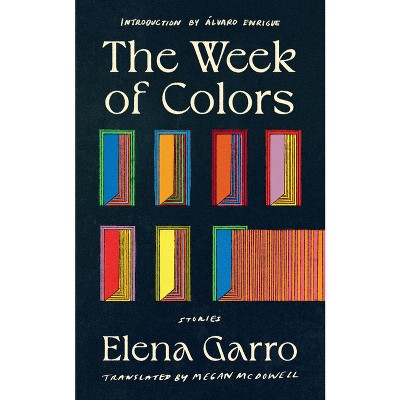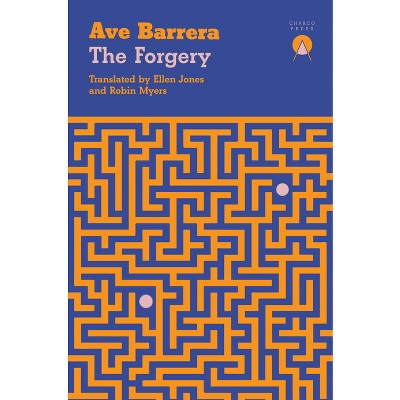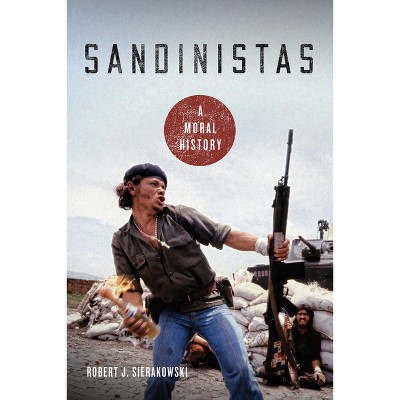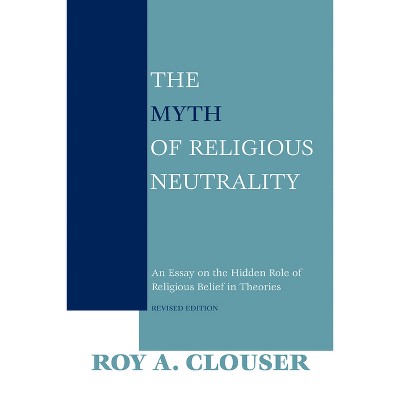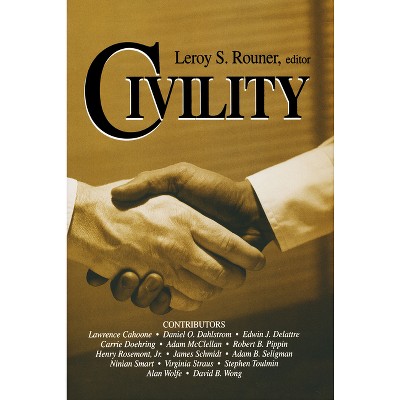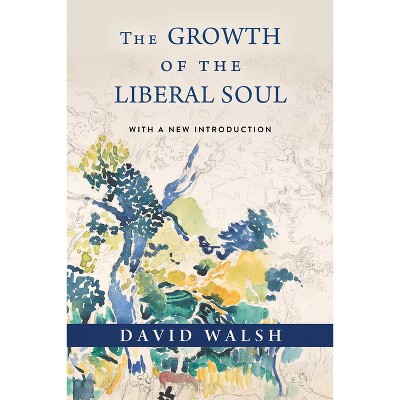Sponsored

Beyond Aztlan - by Mario Barrera (Paperback)
In Stock
Sponsored
About this item
Highlights
- **Does achieving equality in a multiethnic society require the complete loss of a minority's cultural identity?
- About the Author: Mario Barrera is Professor Emeritus of Chicano/Latino Studies at the Department of Ethnic Studies, UC Berkeley.
- 224 Pages
- Fiction + Literature Genres, General
Description
Book Synopsis
**Does achieving equality in a multiethnic society require the complete loss of a minority's cultural identity? **
Mario Barrera strives to answer that question with full historical context in his provocative book Beyond Aztlan. Barrera identifies the goals of the Mexican American population at large--community and equality--and lays out the complicated history of achieving these goals throughout the 20th century. As focus has shifted to equality over community, the Mexican American cultural identity has fragmented and begun to erode.
Barrera explores varied trends, such as the revival of community identity during the Chicano Movement, as well as cultural fragmentation and radicalization. To fully understand and answer the question of economic equality over cultural identity, Barrera looks at minorities in four other countries to compare to the United States: Canada, China, Switzerland, and Nicaragua. He argues that while equality is not easy to attain and even harder to hold onto, a group can still preserve cultural identity while being treated as equals.
Review Quotes
". . . Barrera provides a powerful statement regarding the importance of ethnic goals within a pluralistic society even when those goals may threaten the solidarity of the modern conception of the nation state. . . ." --International Migration Review
"[B]arrera addresses many issues, questions many of the answers given by Chicano organizations and movements in their quest for Aztlan, and provides much food for thought. Anyone interested in the issues of ethnic equality with cultural maintenance or regional autonomy would do well to read this book, if not for its answers, then perhaps for its questions." --American Journal of Sociology
"This overview looks at Mexican-American politics since the 1940s, analyzes the aims of the Chicano Movement, and weighs the relative successes and failures both of that political force and of the larger society in accommodating it. A useful, accessible book." --Books of the Southwest
About the Author
Mario Barrera is Professor Emeritus of Chicano/Latino Studies at the Department of Ethnic Studies, UC Berkeley. He has published numerous articles in professional journals and has written and edited a number of books, including Race and Class in the Southwest (Notre Dame Press, 1979), and History, Culture and Society. He also produced the documentary film Chicano Park, 1988.



